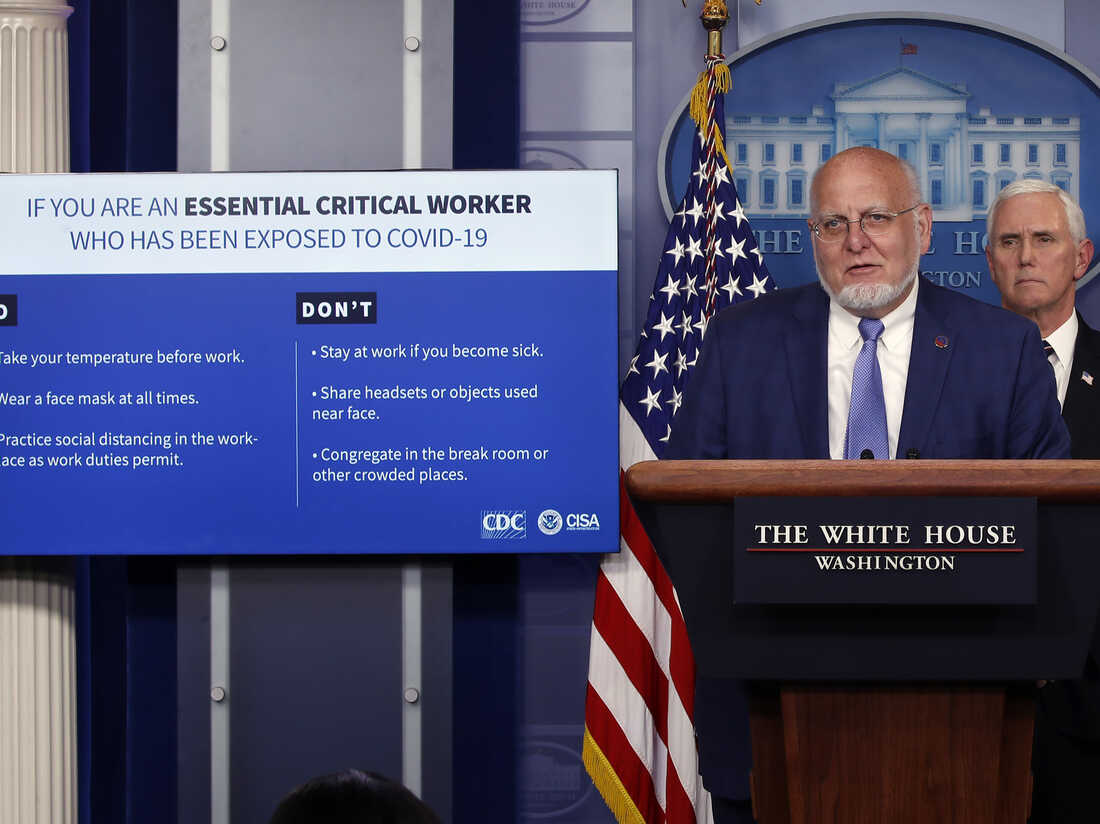In a nation built on the backs of essential workers, the demand for legislation to legalize undocumented laborers is growing louder. A recent petition rallying support has amassed over 126,000 signatures, calling for the immediate legalization of undocumented farmworkers and service workers. This movement is not just about dignity; it is a critical economic strategy that could reshape our future.
Essential Workers Drive Our Economy
According to research from UC Davis, about 5 million undocumented immigrants qualify as essential workers, contributing significantly to key sectors like agriculture and healthcare. These individuals have weathered crises, including the COVID-19 pandemic, ensuring the functionality of our economy and the safety of our communities. Their hard work and sacrifices deserve recognition and protection.
Economic Impacts of Legalization
The potential economic benefits of legalizing essential workers are staggering. The Wharton Budget Model projects that legalizing farm and service workers could incrementally increase GDP per capita by 0.1% by 2050. More dramatically, passing the American Dream and Promise Act could add a whopping $799 billion to the national GDP and create an estimated 285,400 new jobs over the next decade, as stated by UC Davis.

White House Issues New Guidelines For Critical Employees ...
Resistance and Misconceptions
Despite the overwhelming evidence supporting legalization, some policymakers remain resistant, arguing that the economic impact would be minimal and that the definition of "essential" workers is too broad. As reported by Senate Judiciary Committee testimony, critics claim that the legislation could create undesirable migration incentives. This perspective fails to recognize the reality of the labor market, where essential workers are already entrenched in their roles and communities.
The Human Cost of Inaction
Legalizing essential workers is not only an economic imperative but a moral one. The human cost of inaction is steep. Undocumented workers often face exploitation and are denied basic rights, leaving them vulnerable to abusive practices. Their contributions are indispensable, yet they live in fear of deportation and job loss. According to the Bureau of Labor Statistics, essential workers are necessary for maintaining public health and safety, yet their legal status places them at risk of being overlooked in discussions about labor rights.

Farm workers rally at California Capitol - CBS San Francisco
Mobilizing for Change
The momentum for change is palpable. With over 126,000 signatures on the petition to legalize essential workers, grassroots movements are gaining traction. Communities across the nation are rallying to support those who have long been the backbone of our economy. As we face economic uncertainty and rising inequality, it is imperative that we recognize the vital role of essential workers and take action to protect their rights and livelihoods.


![[Video] France opens applications for 10-month national service for youth](/_next/image?url=%2Fapi%2Fimage%2Fthumbnails%2Fthumbnail-1768220506872-i17id8-thumbnail.jpg&w=3840&q=75)




![[Video] Gunfire between Iraqi security forces and Sadr militias in Baghdad](/_next/image?url=%2Fapi%2Fimage%2Fthumbnails%2Fthumbnail-1768343508874-4redb-thumbnail.jpg&w=3840&q=75)
